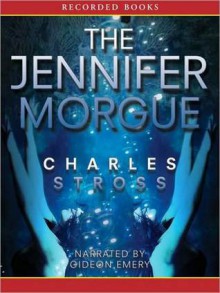
Reading posthumous completions of famous authors' unfinished mysteries is always a bit of a gamble, because the intrepid completers set themselves the exceedingly difficult task of replicating the very particular virtues (as well as, perhaps, a few much-excused quirks or even faults) of said famous author. In this case, I found myself somewhat disappointed, although you'll notice I still gave it three stars, which in my lexicon means "provided substantially more enjoyment than irritation".
Stella Duffy did not have a half-finished deathbed masterpiece to work with here, but rather an abandoned few chapters and associated notes for a novel started at least thirty years before Marsh's death. (This leads one to the rather obvious question of why it was abandoned, although one can only speculate). It is a wartime novel, where part of the mystery revolves, not very subtly, around treasonous activities in a remote (and apparently cave-riddled) part of New Zealand, where a military hospital and its associated morgue (in a cave) form the principal setting. Marsh's detective Alleyn is there, writing homesick letters to sidekick Fox and wife Troy, due to the national security issues, but ends up conveniently solving a local murder that becomes intertwined.
The plot's a bit sensationalist, which is only what we expect from Marsh, and the murder details are actually a little less gruesome and bizarre than in some of her work. The characters, including the Fox-substitute that Alleyn picks up, are not hugely well-developed, though one or two of them have private secrets. Lesbian attraction is a motivating factor for one character, and though it is hopeless and decried, I think there's some evidence that Duffy played down any nastiness that wasn't completely necessary to understand the plot. None of this was particularly bothersome and some entirely expected in a Marsh-mimicry.
My discomforts, such as they were, were actually with the writing, which was clunkier than Marsh's, and the unsuccessful attempt to introduce motifs and quotations from "A Midsummer Night's Dream" - they seemed terribly superimposed, whereas I always got the sense that the theatrical references in Marsh's own writing sprang spontaneously out of her own background in theatre.
There are three intertwined crimes in this story: one faked murder, one real domestic murder with mitigating circumstances, and one treasonous plot. We are clearly invited by Alleyn's musings, and explanations to pseudo-Fox at the end, to compare and contrast the outcomes for the individuals involved, and whether they are properly weighed and balanced. (Bear in mind that New Zealand still had the death penalty in the 40s). Was this rather ambiguous ending one of the reasons Marsh abandoned the project? As I say, we can only speculate.
I can't say I'm sorry that Duffy picked up the project and published it. It provided a few hours of harmless pleasure. However, to those who want to read Ngaio Marsh, read Ngaio March, not this.


 Log in with Facebook
Log in with Facebook 










